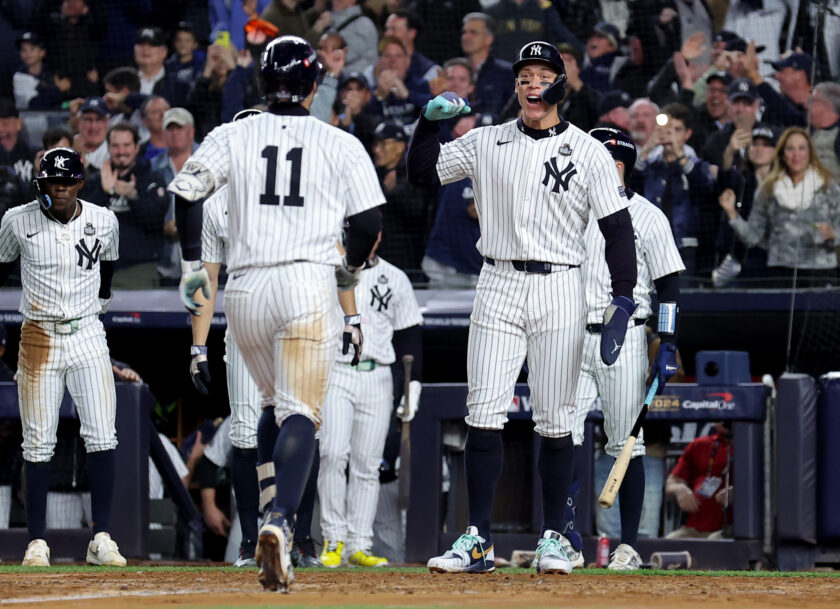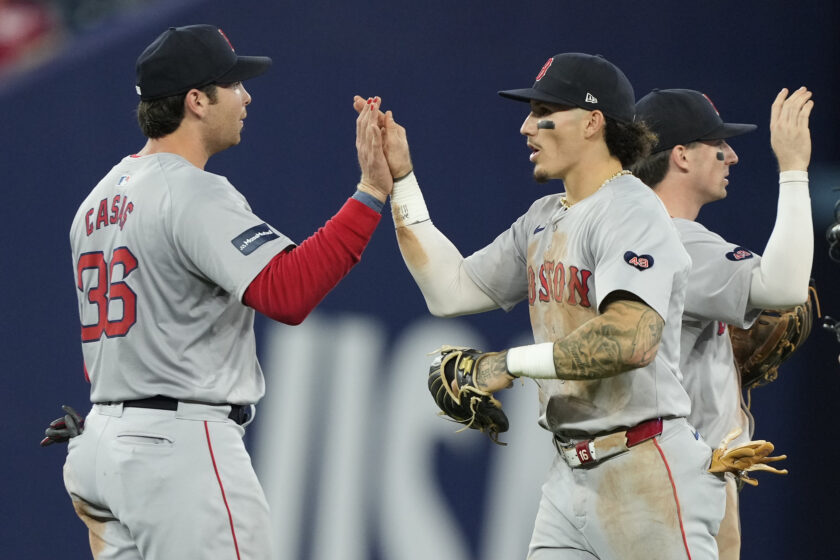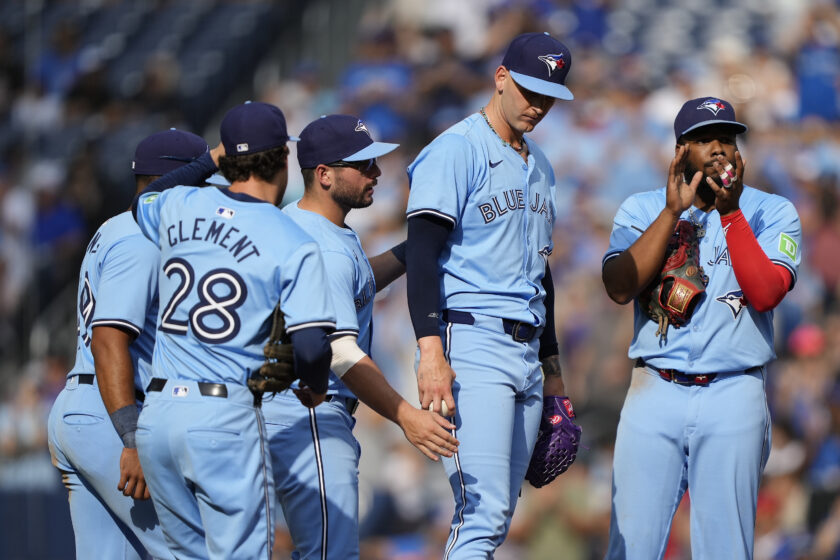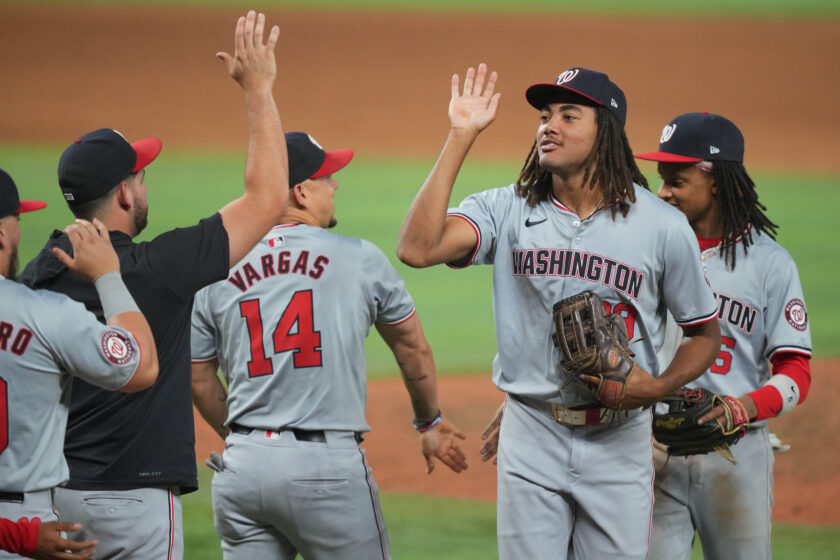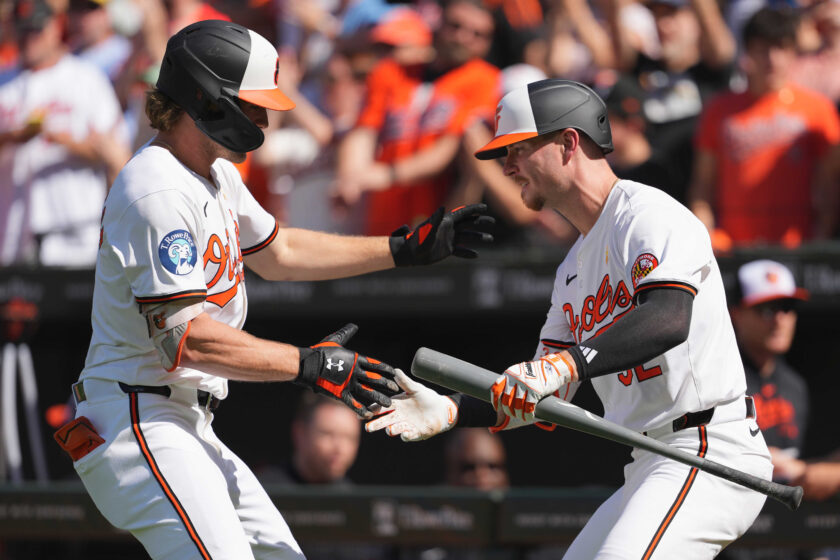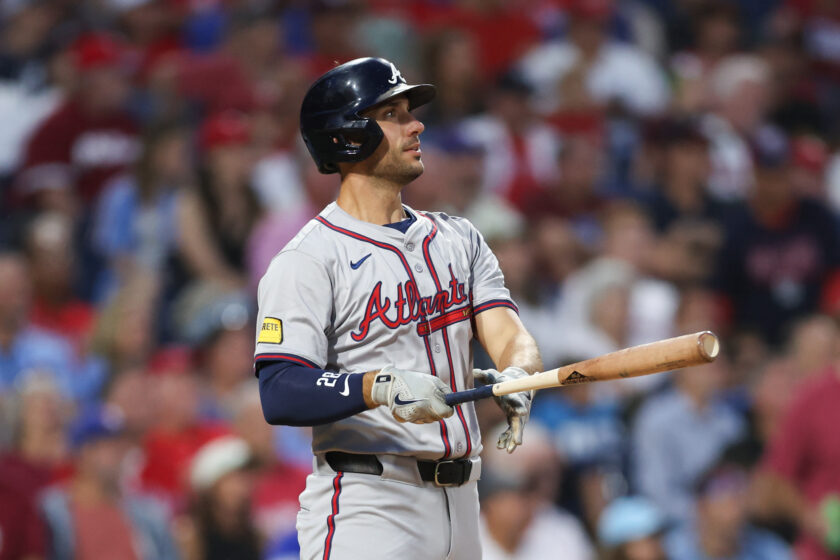NBA Finals: Stephen Curry deserves a place among the all-time greats
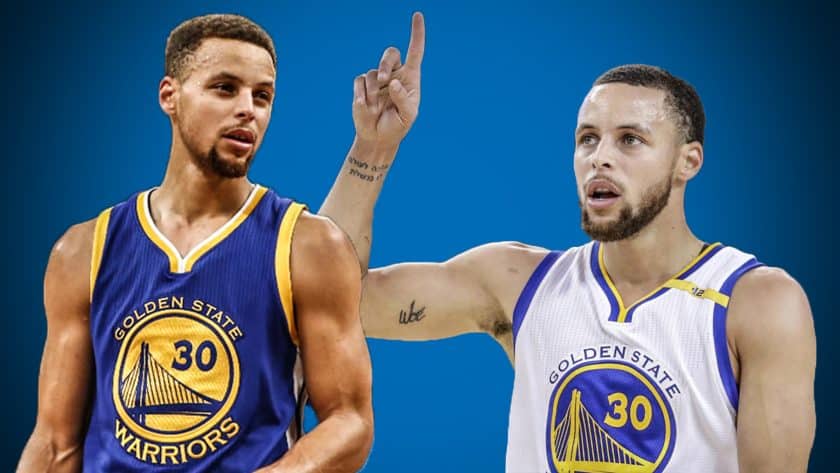
The NBA is defined by dominant teams and players. Stephen Curry and the Golden State Warriors have cemented their place in history.
Stephen Curry is this generation’s Magic Johnson. Eventually, Curry will surpass Johnson as the most significant point guard ever. This statement is not hyperbole or an attack on arguably the most captivating floor general ever.
However, the most prolific shooter in league history is further cementing his legacy this postseason. Now all he needs to do is defeat the Toronto Raptors in the NBA Finals and secure his first Finals MVP—the only thing missing from his stellar resume.
This idea that parity exists in the NBA is a farce. The NBA historically belongs to a handful of teams and a select amount of players. If you look at the list of NBA champions crowned, you notice the same organizations and elite players appear multiple times. Every once in a while you get a team like the 2003-2004 Detroit Pistons—a historic defensive team—to break through and interrupt the proceedings.
However, that’s not the norm. Go back before the modern era began and examine the league in increments of ten years starting with the 1960s up until the present day. Each decade gave us dominant athletes and dynastic franchises.
The Boston Celtics, led by Bill Russell, owned the 1960s, albeit in an era that looked and felt different than the game I’ve grown to love. Kareem Abdul–Jabbar is arguably the greatest player to emerge from the 1970s. The 1980s belonged to Johnson and Larry Bird. As a result, the NBA was able to capitalize off of their intense rivalry.
Magic and Bird set the baton down for Michael Jordan who picked it up and never looked back. Jordan led the Chicago Bulls to three championships in a row on two separate occasions during the early and late 1990s. The Los Angeles Lakers, with Shaquille O’Neal and Kobe Bryant, and the Tim Duncan-led San Antonio Spurs spent the early 2000s battling for Western Conference supremacy. The Lakers or Spurs played in every NBA Finals except one during that decade (2006).
Before LeBron James made himself public enemy No. 1, he established himself as an elite player. James won the Rookie of the Year award, a scoring title, an MVP award, went to an NBA Finals, and ended the Detroit Pistons reign in the Eastern Conference. The only thing missing was that coveted NBA title which had eluded him the first eight years of his career.
[sc name=”NBA Center”]Joining Dwayne Wade and Chris Bosh was supposed to ensure that James dominated the NBA. In retrospect, the Miami Heat underachieved, given the lofty expectations they placed upon themselves.
Enter Steph Curry. The 6-foot-3 guard from Davidson put the league on notice by winning his first MVP award in 2015. Since then, Curry has won another MVP award, starred in four Finals, and won three championships. He is the Godfather of the three-point shooting era that changed how we play, view, and consume basketball at the professional, collegiate, high-school, and AAU level.
Curry has a legitimate claim that he is the most influential player of this decade—over LeBron James. In terms of social currency and relevancy, no athlete in the NBA or any other professional sports league has James beat in that department.
But this isn’t about activism or philanthropy. Curry’s legacy is more than just a pretty jump shot. He is the catalyst for the most dominant modern NBA dynasty. Curry beat James in three of the last four Finals. And even though the belief is that Kevin Durant made the Warriors a dynasty, this reign of dominance wouldn’t be possible without the NBA’s poster child—Stephen Curry.
The media and NBA fans believe that James and Durant are adversaries, but it’s Curry who is the biggest threat to James in this era, not Durant. Curry is to James what Magic was to Bird.
As Curry gets set to play in his fifth consecutive NBA Finals, there has never been more pressure on the two-time MVP to perform than right now. With Durant and DeMarcus Cousins sidelined due to injury, Curry has to be the leader that led the Warriors to an NBA record 73-9 record during the 2015-16 season.
However, this time, he has to finish the job in the Finals. The ball is in your court, Mr. Curry.
[sc name=”Generic Link Next” link=”https://elitesportsny.com/2019/05/28/new-york-knicks-represent-kevin-durant-immortal-nba-shot/” text=”The New York Knicks Represent Kevin Durant’s Immortal NBA Shot” ]
